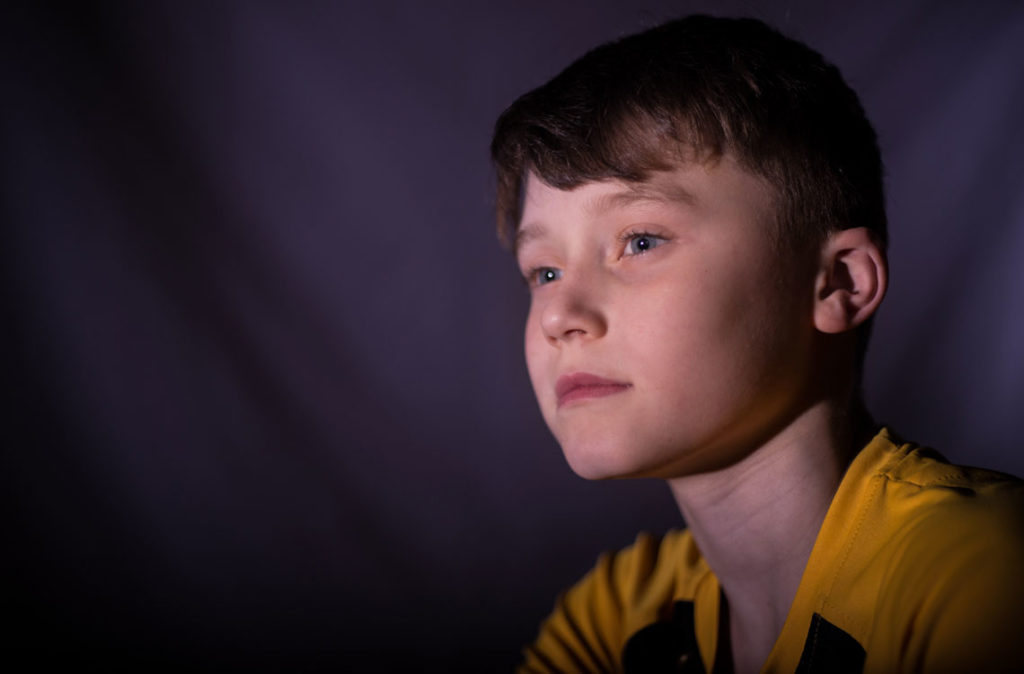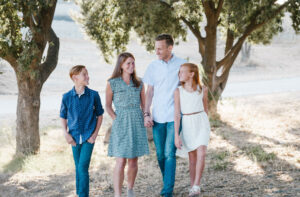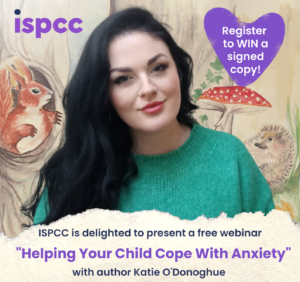
When we think about bullying, we may imagine a child being pushed in the corridor or nasty taunting on the way to class. But there is another more insidious form of bullying that can have a damaging effect on our children - social exclusion
Social exclusion involves children socially rejecting or excluding other children.
Research has shown that it can have a detrimental effect on young people, including the loss of self-esteem and feelings of isolation. Later in life, it can lead to mental health issues.
If you suspect your child is being socially excluded, your first instinct probably involves taking out your superhero cloak and resolving the situation. But this is not necessarily the best approach.
Here are some alternative ways to handle the situation:
1. Take a deep breath and sit down with your child
Sit quietly and let them tell you what is going on, how they feel about it and, most importantly, how they would like to handle the situation.
2. Validate your child’s feelings
It’s crucial to validate a child’s feelings so let them know that you understand how painful this is for them.
It’s essential that your child knows you will listen without judgement and will always be there for them, no matter what, a comforting presence supplying unconditional love and support.
3. Empower your child
When it comes to figuring out the solution, you should brainstorm possible solutions with your child. This is a really useful way of empowering them to take action and teaching them how to cope with similar situations in the future.**
4. Teach them the power of their own response
Let them know what while they can’t control how others behave, they can control their own reaction to the behaviour and actions of others. Remind them that every person will go through this at some point in their lives.
5. Help them broaden their social horizons
Encouraging your child to develop friendships and be involved in activities can really help. Research shows that childhood friendships can have a lasting protective impact on mental health in both the short term and into adulthood.
Involvement in activities broadens their circle of peers and helps them to develop confidence and build up their self-esteem to withstand those hard days when they’re feeling hurt.
Final thoughts
It’s important to note that being left out of something isn’t always an intentional act of bullying.
Some children are thoughtless or forgetful but don’t deliberately set out to hurt anyone’s feelings. They may not realise that they have left your child out of something until it is pointed out to them and will hopefully rectify the situation.
It only becomes a form of bullying when it’s clear that the person or group is icing your child out on purpose and/or encouraging others to do the same.
Make sure that your child knows that it is NOT their fault that they are being excluded. Be mindful not to suggest, however inadvertently, that they should change who they are to fit in with the crowd.
No one deserves to be excluded.
**Depending on the severity of the bullying, your child may not be able to deal with it themselves and will require you to get assistance from other adults, such as teachers, parents or coaches.
Some signs that your child needs additional external support include:
- school refusal or wanting to stay in their room
- loss of appetite
- sudden change in appearance
- becoming non-communicative or a loss of interest in extracurricular activities, family time or hobbies


